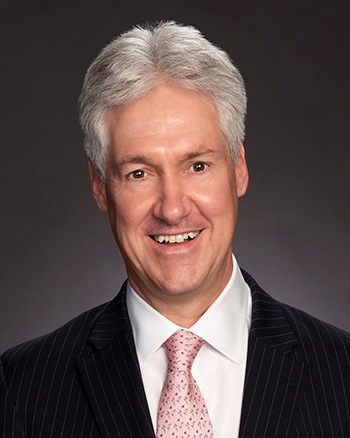Following decades working at the intersection of water management, science, and policy, former Embassy of the Kingdom of the Netherlands Senior Economist Dale Morris joined The Water Institute of the Gulf on May 1 as the Director of Strategic Partnerships.
Morris grew up in Pittsburgh and served six years in the U.S. Air Force, with more than half of those served in the Netherlands where he became fluent in Dutch. He graduated from the University of Pittsburgh with a bachelor’s degree in economics and political science and then a master’s degree from University of Virginia in international law, economics, and theory. After college, Morris worked as legislative director in the U.S. Congress, working on tax, budget, trade, agriculture, appropriations, and water issues. He later moved to the embassy where he served as Congressional Liaison and worked on macro-economic, trade, regulatory, and energy issues.
When Hurricane Katrina hit in 2005, the Embassy of the Kingdom of the Netherlands immediately engaged Louisiana officials and offered to help in the recovery. Morris directed this post-Katrina activity for the Dutch and managed the embassy’s liaison to Louisiana and other U.S. states, including California, Florida, Texas, Virginia, and New York, as they worked on flood, water, and adaptation challenges.
Morris also worked closely with Sen. Mary Landrieu as she and others repeatedly visited the Netherlands and Deltares to see where Dutch expertise meshed with Louisiana’s needs. After her 2009 trip, the Senator concluded that Louisiana needed a Deltares-type institute and asked Morris to help the state understand the Deltares-model, its benefits, and relevance to knowledge-creation in deltaic and coastal areas. Morris also worked with New Orleans-based architect David Waggonner, co-founding the “Dutch Dialogues,” which organized detailed workshops about living with water in post-Katrina New Orleans. The Dutch Dialogues have been used elsewhere in the U.S. and are in demand in other flood-prone and flood-recovering communities.
